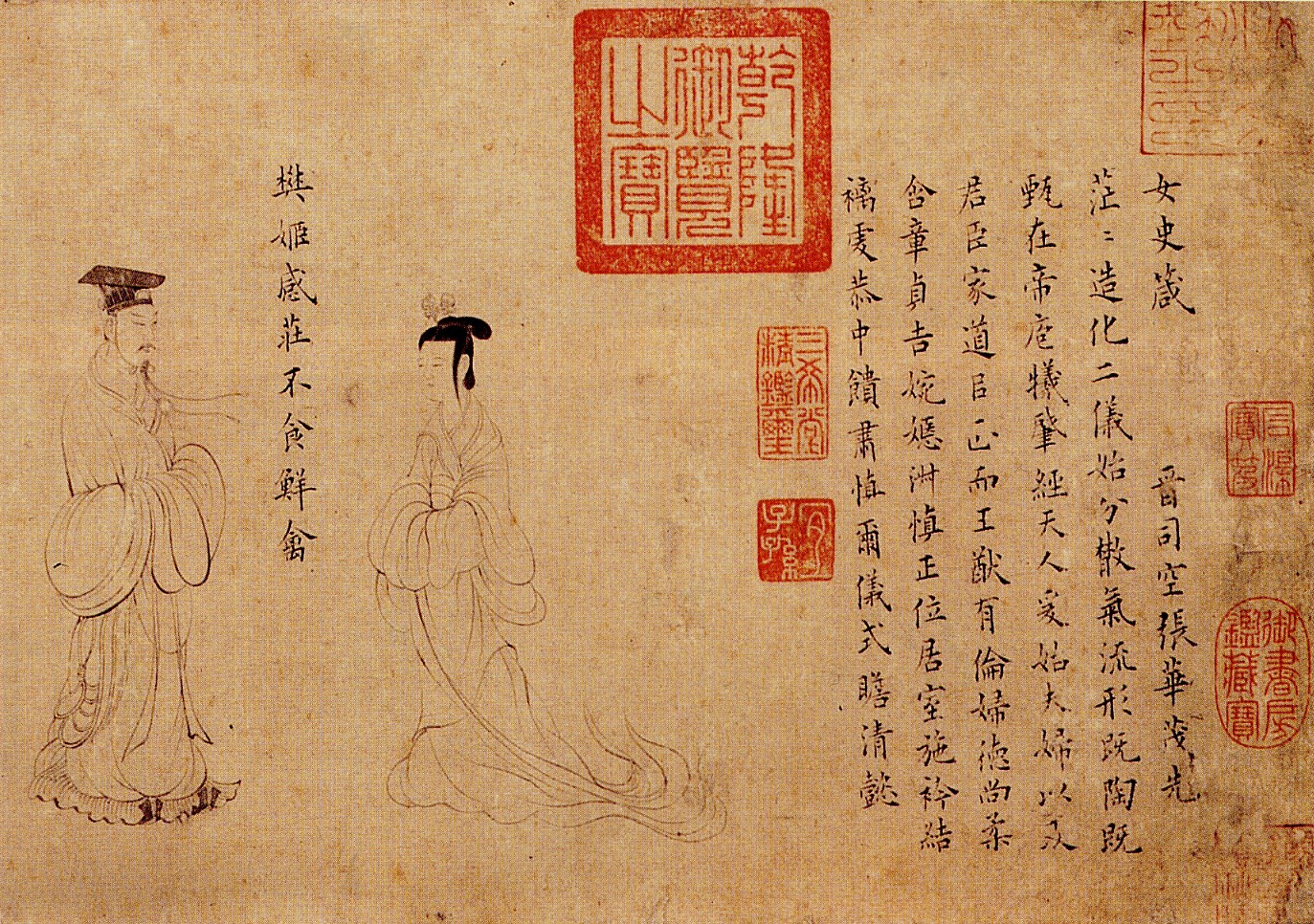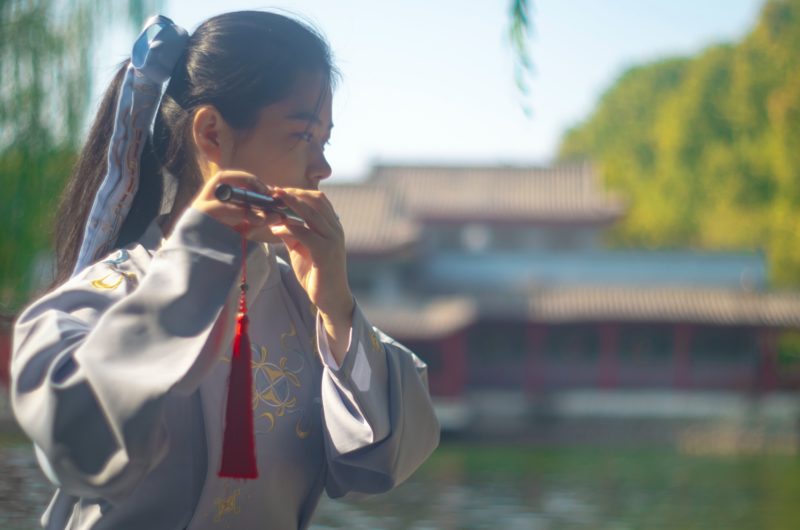
汉语难不难?
As someone who has now been learning Mandarin for over 10 years, I often get asked the question ‘Is Mandarin Hard?’ I always answer simply and without hesitation – “no, it’s just different”. This response baffles many people, and understandably so. The inherent ‘alienness’ of the Chinese written language when viewed from a Western perspective can often appear as little more than (and I quote) “millions of tiny little pictures”. This initial uncertainty is often enough to deter people for life. However, here I intend to offer my justification for my ‘unexpected’ response to the common question: Is Mandarin hard?
Chinese Characters – 汉子
The first thing that struck me when I began to learn Chinese characters is that they are simply arrangements of well thought out, logical and meaningful elements. There are 214 radicals in Mandarin which help in the grouping of words and the explanation of their meaning. Best of all, they aren’t difficult to write! Radicals are the fundamental building blocks from which all Chinese characters are created. A combination of radicals then form a single Chinese character. If you know the definition of the radicals and are able to write them, you are effectively half way there when it comes to understanding Chinese characters. The rest is simply memory of the order in which radicals appear, and this comes from practice and knowing the techniques for how to learn Chinese characters.
Chinese Grammar – 中文语法
My answer “no” to the question ‘Is Mandarin hard?’ stems in the most part from my understanding of Chinese grammar. Having studied French, German and Spanish in the past, I finally managed to get over my persistent ‘grammatical headache’ when I began learning Mandarin. The fact is – Chinese grammar is logical. Initially it surprised me that Mandarin speakers could express themselves so effectively using such simplistic grammatical structures. For instance, words don’t change depending on the tense. Gone are the conjugation tables that come with European languages! What is more, plurality is expressed much more simply and, best of all, there is no masculine and feminine to worry about! Oh, and counting is a doddle, too!
Verbs don’t change depending on the tense you are using. In English, the verb ‘to go’ would conjugate to ‘went’ in the past tense, whereas in Mandarin you would simply add了 at the end of the sentence to express yourself in the past tense. Of course, this isn’t the only rule associated with tenses when learning Mandarin, but it does offer a good example of the simplistic make up of Chinese grammar.
Plurals are completely eliminated in Chinese too. Words don’t change depending on whether you have 1,2,3 or 1 million of an object. You simply add words before and after the object to indicate the quantity. Compare the following phrases
– three people- 三个人 (sān gè rén)
– one person- 一个人 (yī gè rén)
– many people – 许多人 (xǔ duō rén)
Note that the form of the word 人 doesn’t change depending on how many people there are. In other words, one cannot know whether you have more than one person by just looking at the word/character 人; you have to analyse the phrase in its entirety.
Exception: if you are talking about ‘people’, than a “们” is usually added. In other word in English, “he/she” would change to “them”. In Chinese it is essentially “he + 们“.
By way of example;
– You – 你 nǐ
– You (plural) – 你们 nǐ men
– He – 他 tā
– They – 他们 tā men
– Classmate – 同学 tóng xué
– Classmates – 同学们 tóng xué men
Chinese Tones – 声调
Grasping the four (five if you include neutral) tones of Mandarin is one of the major hurdles facing beginners. I have to admit, I struggled with tones until I realised that I was approaching studying them in the wrong way. By simply changing the method by which I was trying to learn tones, I noticed immediate improvements in my spoken Chinese. I was originally far too concentrated in ‘book learning’ the tone for each and every character, when in fact I should have been balancing this time with enough speaking and listening practice. From experience, I can say that the best way to learn tones in Mandarin is to pick them up naturally in conversation or by listening to audio recordings of native Chinese speakers.
So, is Mandarin hard? I honestly believe that Chinese is not a difficult language to learn, providing that students are given correct guidance from the outset. By practicing in all the right was, you’ll pick it up in no time! This blog is by no means a full account of the difficulty of learning Chinese, there are of course many different factors, however I hope that it may encourage people over a few of the initial hurdles of beginning to learn Mandarin.
















